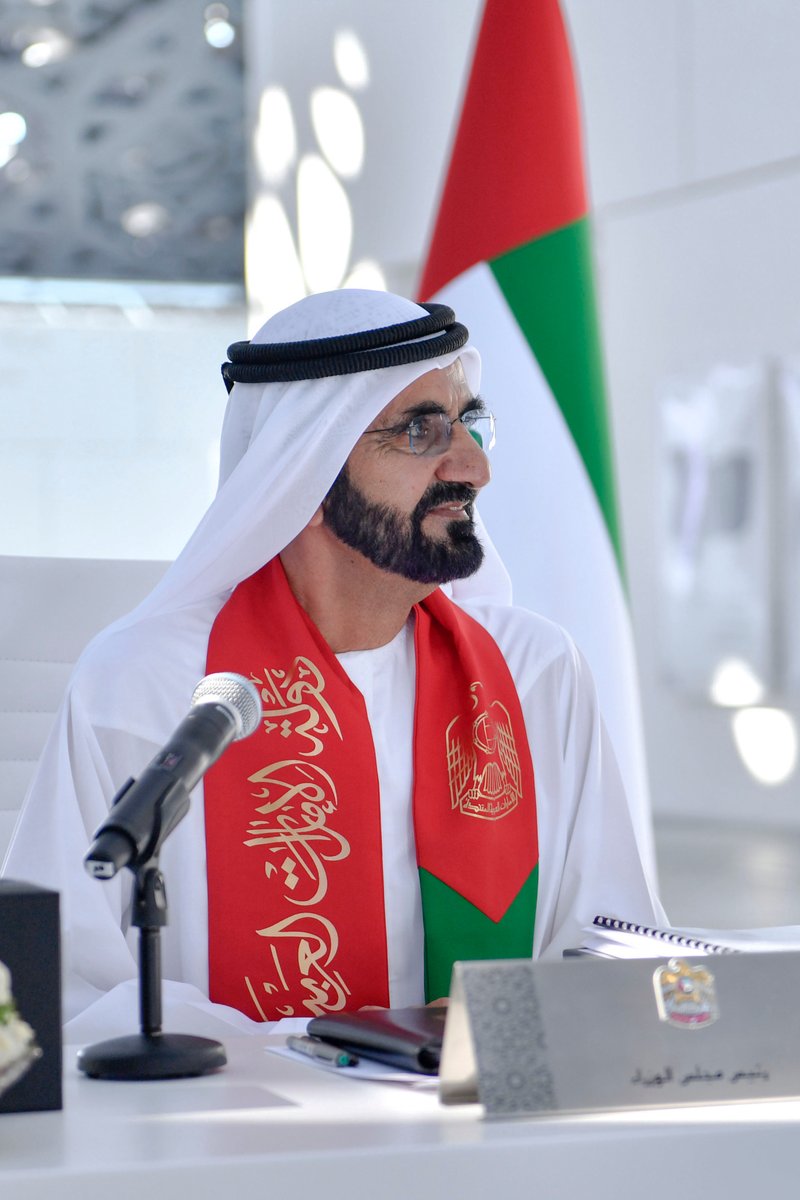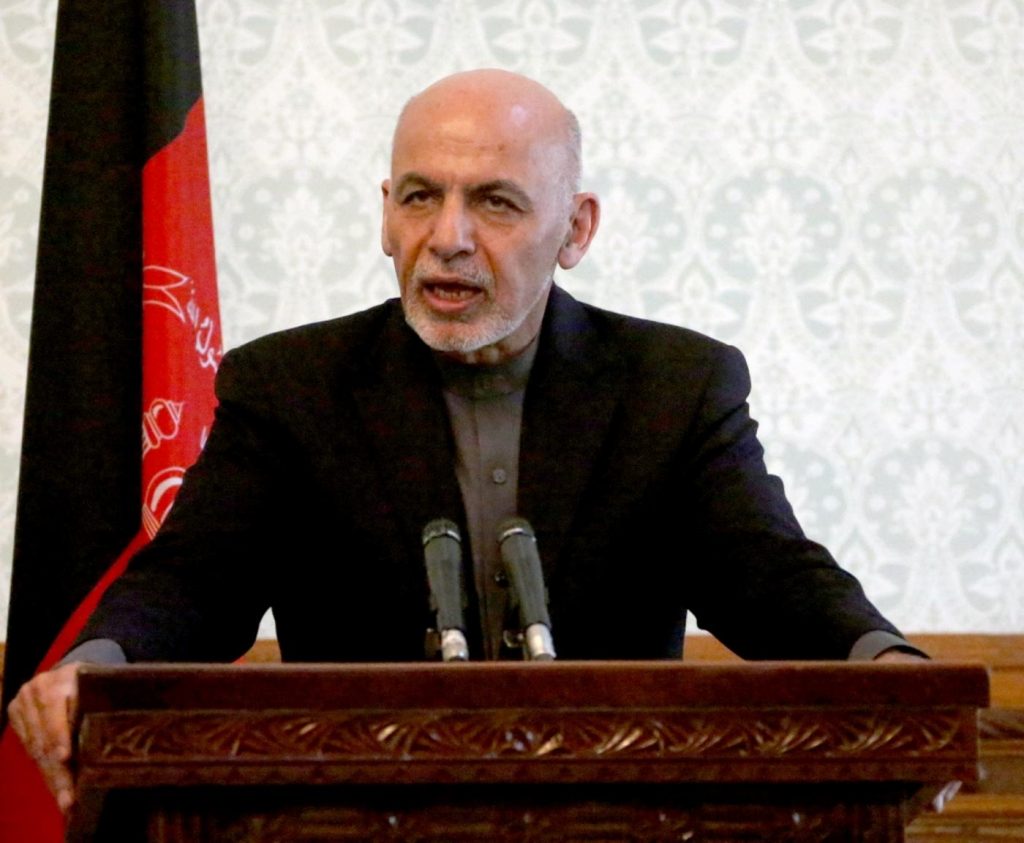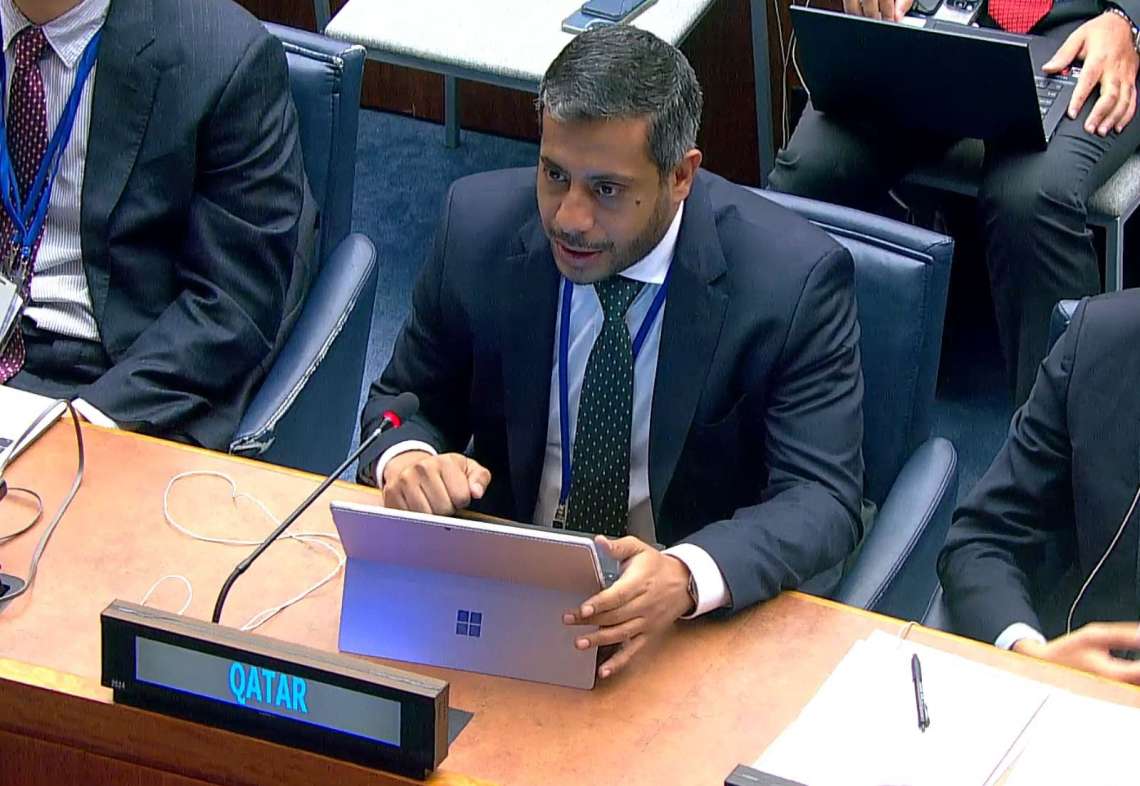Dubai’s tourism and hospitality sectors are benefitting from a rapid rebound driven by a multi-phase roadmap being executed by the Department of Tourism and Commerce Marketing, Dubai Tourism.
“Dubai continues to take effective steps under the guidance of the visionary leadership of His Highness Sheikh Mohammed bin Rashid Al Maktoum, Vice President and Prime Minister of the UAE, and Ruler of Dubai to build on the strategic initiative to reopen the city to tourists on 7th July. Since then, we have been greatly encouraged by the market’s response in the current second phase of our recovery strategy, which was activated along with the gradual resumption of economic sectors, as well as the staggered and tentative restart of travel across the world,” said Helal Saeed Almarri, Director-General of Dubai Tourism.
“We have received considerable interest from international markets, particularly Europe and Russia,” said Jose Silva, CEO of Dubai-based Jumeirah, one of the world’s leading luxury hospitality brands. “In the first week following the reopening to international tourists, online bookings for planned stays on Jumeirah’s website (www.jumeirah.com) doubled from the previous week while its properties registered an average daily increase of 109 percent in booked room nights.”
Bookings being received by Emirates and flydubai airlines are also showing positive signs for the tourism sector. Emirates will be operating to a total of 70 destinations across six continents in August, while flydubai is set to expand its network to 66 destinations over the summer.
Also Read: Dubai Placed Among Top 5 Shipping Centres
Improving global market sentiment and the perception of Dubai as one of the safest destinations in the world are key drivers of the increasing momentum for recovery. “People are much more optimistic and well informed now and are ready to go on holidays to destinations that are safe and have put in place strong health and safety protocols,” said Al Almarri.
However, at the height of the global COVID-19 crisis, the mood was circumspect. The international tourism industry bore the brunt of worldwide restrictions in domestic and cross-border mobility. According to the World Tourism Organisation, UNWTO, the COVID-19 pandemic could cost global tourism and related sectors between US$1.2 and US$3.3 trillion in lost revenue depending on the timing of recovery.
For Dubai however, the peak of the crisis was a time to explore a strategic reset. During what Almarri calls the ‘pause phase’, the focus was on planning and repositioning. Tourism authorities worked to create a framework for meeting tourist expectations once restrictions would be removed. “We rethought business strategies and plans working closely with stakeholders and partners to develop innovative initiatives to manage the ‘new normal’. In cooperation with key authorities, we mapped out stringent health protocols and precautionary measures that would reassure even the most demanding safety-conscious tourists,” the head of Dubai Tourism said.
Also Read: Dubai Ramps Up Safety Measures
Rekindling the domestic tourism market was a key element of the recovery plan. Since opening for domestic tourism in May, Dubai saw strong pick up in numbers with hotels creating offerings to meet pent-up demand for staycations. From an early stage, beach properties registered occupancy rates of above 80 percent over the weekend. Today, hotels are continuing to offer a range of staycation deals to UAE residents ranging from discounts on room rates and F&B to family entertainment offerings. As part of stimulating the broader domestic tourism market, industry stakeholders are working in tandem to encourage residents to experience all other destination offerings such as malls, attractions and entertainment centres.
“The domestic market has proven extremely important and we are seeing increased demand at Jumeirah properties, particularly over the weekends. Dedicated staycation offers are helping to drive ongoing interest together with the introduction of new dining concepts to enhance the experience. For example, we recently opened our French Riviera pop-up at Jumeirah Al Qasr and have other new dining activations planned for the coming months,” said Jose Silva, CEO of Jumeirah Group.
Also Read: Abu Dhabi’s Cafes to host 80% capacity
To recognise and foster industry-wide compliance, Dubai Tourism rolled out the ‘DUBAI ASSURED’ stamp, with the aim of reinforcing the emirate’s positioning as one of the world’s safest destinations. To obtain the stamp, establishments have to submit to stringent checks by inspectors to verify adherence to high standards of safety and health precautions. Over 1,000 establishments have already been inspected for compliance as part of the programme, making them eligible to receive the ‘DUBAI ASSURED’ stamp.
Dubai’s commitment to maintaining the highest standards of hygiene and safety in line with international best practices received a strong endorsement from the World Travel and Tourism Council, WTTC, which gave the city a ‘Safe Travels’ stamp in recognition of the stringent measures taken to combat COVID-19.
Read More: Abu Dhabi to ensure safety across sectors








